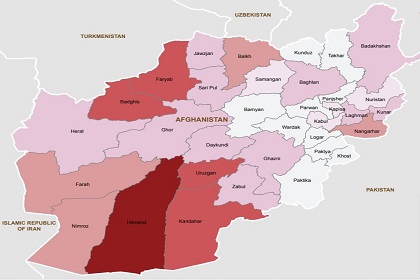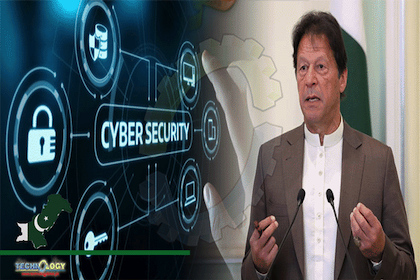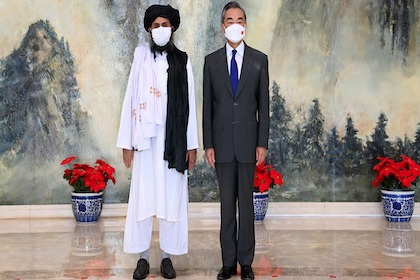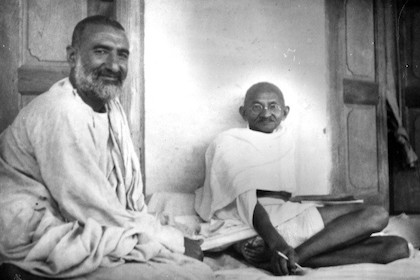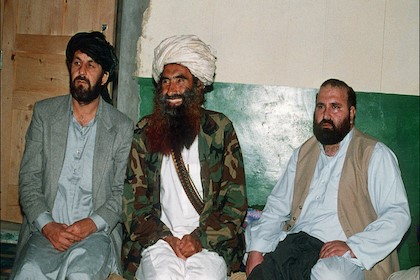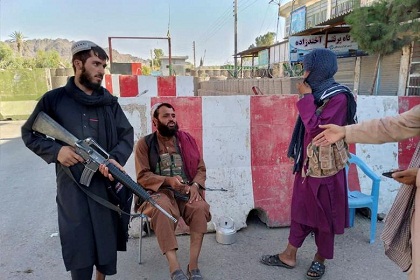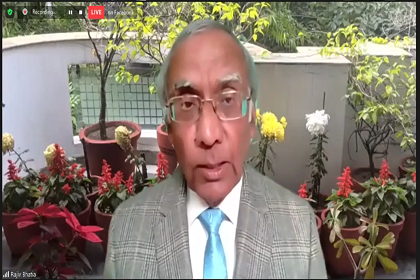Pakistan Army’s proxies get a boost
Islamabad recently lifted a ban on the Tehreek-e-Labbaik Pakistan, a violent Islamist group in Pakistan, and released its leader from jail. This is worrisome, with serious implications for India and counterterrorism efforts as a whole, for the Taliban's takeover of Afghanistan has emboldened the Pakistani Army to activate its proxies like the Tehreek-e-Labbaik, to advance its domestic political ambitions and openly support extremist organisations.


